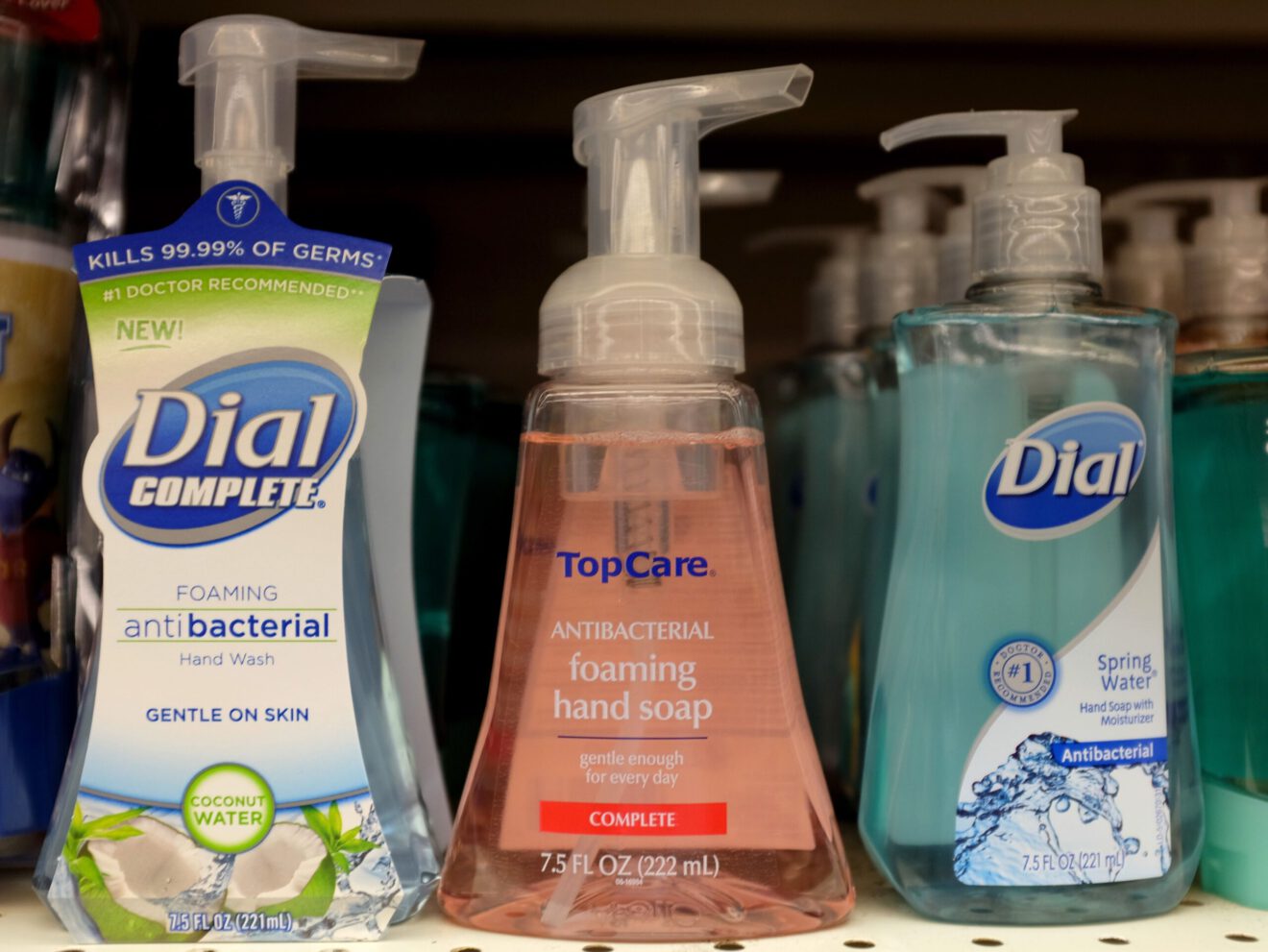This is Part II of a two-part series on how the coronavirus outbreak is affecting the food and beverage industry. Read on for coverage of the food retail industry, and check out Part I which covered the restaurant industry.
As news of the growing number of confirmed US cases of coronavirus spread in recent weeks, consumers went into emergency stock-up mode. Many reacted as they would in the face of a looming storm, clearing shelves of bottled water and toilet paper in addition to the hand sanitizer and cleaning supplies they needed to take precautions recommended by the Centers for Disease Control and Prevention.
The trend proved positive for Walmart, Costco and other retailers that sell the sought-after goods, as well as the frozen and non-perishable pantry staples consumers would need if they were suddenly stuck in the house for weeks on end due to a quarantine or lockdown.
Costco reported a sales spike at the end of February as members bought in bulk. And, as investors watched stock markets continue to plunge amid the growing outbreak and falling oil prices, Walmart’s shares were up as much as 2% Monday, reflecting higher sales forecasts as shoppers stocked up.
FMI – the Food Industry Association has created a coronavirus page that includes a members-only guide to help retailers figure out how to tailor their merchandise mix and staffing during the outbreak.
Surging demand has been a double-edged sword for supermarkets and general merchandise retailers – soaring sales have brought struggles to keep shelves stocked. A growing group including Target, Publix and Kroger have put limits on the number of in-demand supplies customers can buy to try and ensure a sufficient supply, according to multiple published reports.
The outbreak has also sent demand soaring for food pouches, emergency food kits and other non-perishables typically considered appropriate for outdoors adventures and emergency shelters, The Wall Street Journal reported last week. Sales of Kind snack bars rose 50% in the last week of February, the company said, and outdoor foods maker Alpineaire reported it was sold out of everything.
“It happened so fast that they didn’t see two to three months of a trend,” Shawn Hostetter, president of Alpineaire parent Katadyn North America, told the Journal.
A shift to online grocery shopping
Concerns about crowds also have more consumers opting to shop online, especially those living in food deserts and densely populated parts of the country, tech firm Chicory told Progressive Grocer last week.
Also last week, Amazon warned Prime customers about potential slowdowns in same-day delivery under its Prime Now and Amazon Fresh grocery delivery programs because of surging demand.
Concerns about human contact also have spurred retailers and delivery services to propose contact-free delivery options.
Instacart, which delivers from a roster of different retailers around the country, reported Friday that it was speeding a national roll out for its “Leave at My Door Delivery” option. The program had been undergoing a test with select customers in the US and Canada, as an option for receiving groceries while not at home.
A post on the company’s web site doesn’t mention the coronavirus outbreak specifically, but it reports that test customers had been using the service increasingly for other reasons than being away from home, including not feeling well, and it reported seeing a surge in demand last week. Customers using the service will receive a photo of their groceries at the door when delivery is complete.
Other retailers including Target have also begun advising delivery drivers to leave groceries at the door.
Reassuring shoppers and employees
Food-safety experts said this week that there’s no evidence yet that the contagion can be spread by fresh produce and other non-packaged foods that consumers buy at the grocery store, although some used the occasion as a reminder that people should always thoroughly wash produce, the Los Angeles Times reported.
Some reports reveal retail employees concerns about working closely with the public as the number of coronavirus cases continues to grow in the US, and concerns about spreading the virus has raised the issue of how many people in retail and foodservice jobs lack paid sick time.
A Walmart employee at a Kentucky store tested positive for the virus and on Tuesday the retailer notified employees in a memo that anyone quarantined or diagnosed with Covid-19 would be eligible for up to two weeks of paid sick leave without having to use their accrued paid time off.
The retailer and many others have also announced measures to step up store cleaning and sanitizing procedures to reassure customers concerned about the risk of contracting the virus while out in public.
Target has added staff hours at each store to ensure that checkout lanes, touchscreens and other high-traffic areas are cleaned every half hour, CEO Brian Cornell reassured customers in a letter posted online Tuesday. The retailer has also stopped offering food samplings in its stores temporarily, the letter says.
Costco has also put in-store food samplings on hold, the Minneapolis Star Tribune reported Tuesday, and other retailers including Cub, Coborn’s and Lunds & Byerlys have all stepped up cleaning procedures.
Related stories:
- How restaurants are reacting to the coronavirus outbreak
- C-stores seeing a sea of change
- Agricultural strides: CPG companies take stake in the land
_____________________________________
If you enjoyed this article, sign up for Restaurant Smartbrief to get news like this in your inbox, or check out all of SmartBrief’s food and travel newsletters as we offer more than 30 newsletters covering the food and travel industries from restaurants, food retail and food manufacturing to business travel, the airline and hotel industries and gaming.
